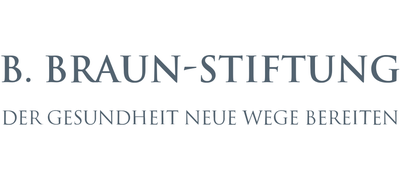Impairment of the Akt pathway in transplanted Type 1 diabetic hearts is associated with post-transplant graft injury
Keywords: diabetes, cardiology, heart transplantation
Hauptforschende*r
Prof. Dr. Gabor Szabo
Forschungsinstitut
Universitätsklinikum Heidelberg
Abstract
Objectives: The use of 'marginal' hearts, such as from donors with diabetes mellitus (DM), could offer an opportunity to expand the donor pool in cardiac transplantation. Previous studies have shown that the phosphatidylinositol-3-kinase (PI3K)/Akt pathway is altered after ischaemia/reperfusion injury in the diabetic myocardium. We hypothesized that DM-induced cardiac dysfunction in donors is further impaired after heart transplantation and that PI3K/Akt-pathway alterations may be one of the underlying pathomechanisms.
Methods: In the donor rats, DM was induced with a single dose of streptozotocin. Non-diabetic rats only received citrate buffer. After 8 weeks, the donor left ventricular (LV) cardiac function was measured. Then, the hearts were heterotopically transplanted into non-diabetic recipients. We evaluated LV graft function 1.5 h after transplantation via a Millar catheter system at different LV volumes. Histological analyses were performed, and the expression of 84 genes involved in PI3K/Akt signalling was profiled.
Results: DM was associated with significantly decreased LV contractility and impaired relaxation. After transplantation, in the DM group, the grafts' systolic function (LV systolic pressure 112 ± 31 vs 155 ± 60 mmHg; dP/dtmax 2676 ± 896 vs 3584 ± 1779 mmHg/s, P < 0.05) and diastolic function (dP/dtmin 924 ± 205 vs 1748 ± 512 mmHg/s, P < 0.05) were significantly reduced at an intraventricular volume of 170 µl. The expression of 10 genes involved in PI3K/Akt signalling, as well as the phosphorylated Akt/total Akt protein expression ratio, were significantly down-regulated in the diabetic heart after transplantation.
Conclusions: DM-induced cardiac dysfunction is further impaired after transplantation. Targeting the PI3K/Akt pathway may result in a functional amelioration of the a priori-diseased myocardia, which could increase the number of potential cardiac donors.
Fördersumme
20.000 Euro (2014)
